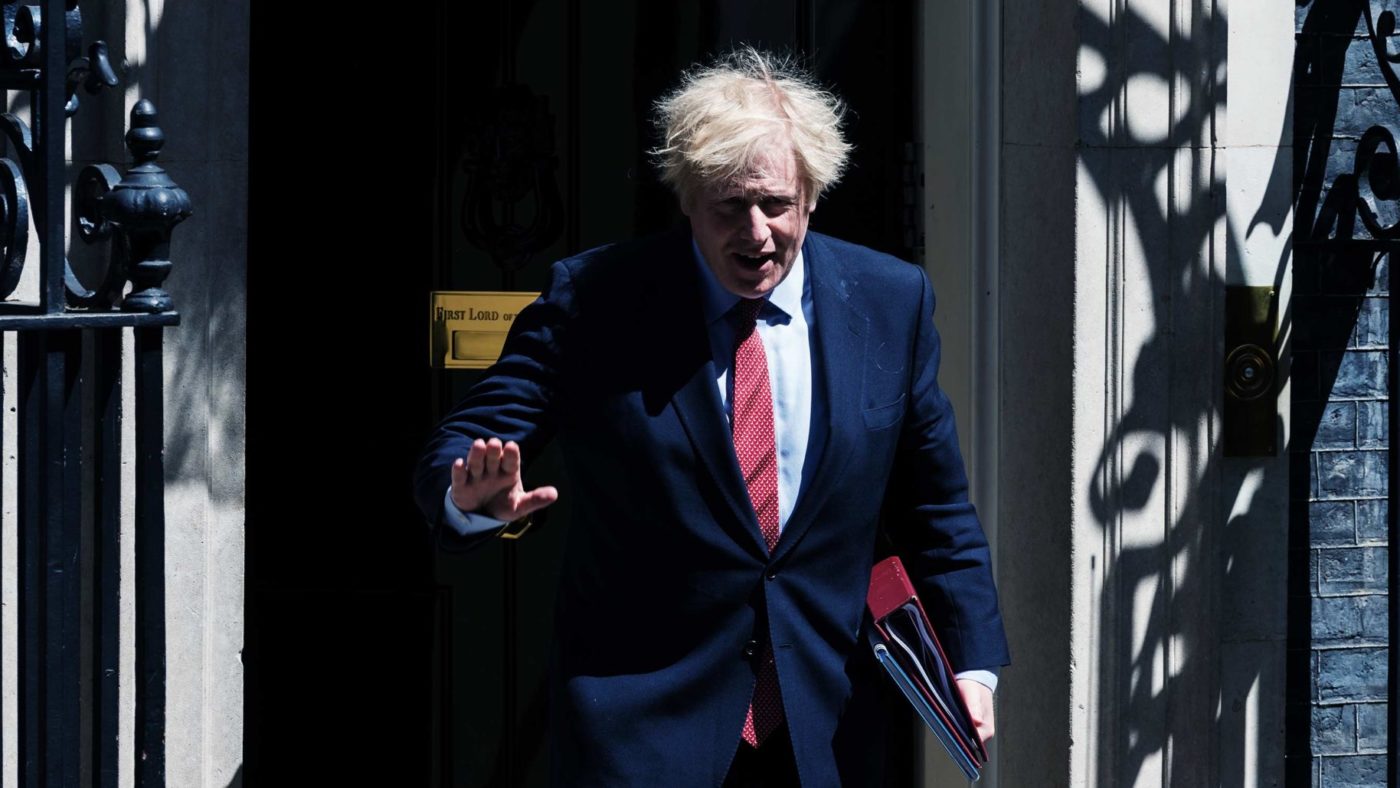Slowly but surely, normality is reasserting itself. Barbecues are back, schools will soon be re-opening and the papers are getting over-excited about opinion polls.
After a bruising week, we learn today that the Government’s support has “collapsed” to a mere five-point lead over Labour, while Boris Johnson’s personal ratings have also taken a hammering.
How worried should Number 10 be about all this?
One school of thought, very reasonably argued on these pages by Alan Lockey this week, is that this week represents a watershed for the Johnson premiership, after which it will be possible to chart the decline of this government. The Guardian’s Gaby Hinsliff ploughed a similar furrow in a column this week arguing that “this is a moment that, in four years’ time, we may look back on as decisive.”
That view might be proven right – but it merits at least a degree of scepticism.
After all, asking for people’s voting intention when there isn’t an election in prospect is always a rather empty exercise. Even when you actually get people to vote, be it in a by-election or for their local council, it’s seldom a very useful guide to what will happen at the next general election.
For example, if you Google ‘Tony Blair’ and ‘fuel crisis’, you might come across a Daily Telegraph article from September 2000 about a “collapse” in Labour support.
“One [poll] showed the Government level-pegging with the Conservatives – on 37 per cent each – while the second claimed that Labour had actually tumbled into second place by two points…”
The same piece reveals that 73% of voters at the time thought the then prime minister was “arrogant” and 77% did not believe his claims that cutting fuel tax would mean less money for public services.
Fast-forward eight months and Blair was celebrating another crushing general election victory over the Tories, while his party would not relinquish power for another decade. Margaret Thatcher’s time in power was also punctuated by regular opinion poll pummellings – for both her party and her personally – none of which prevented her recording three consecutive election wins.
The lessons here is that, at the risk of stating the obvious, how voters are feeling now is not necessarily a very useful guide to how they will be feeling in a few months’ time, let alone in 2024. My own hunch is that, however febrile the Cummings row might have felt this week, it will probably be little more than a footnote in the extraordinary story of coronavirus and its aftermath.
Without wishing to fall into the errant prediction trap myself, I suspect what matters most for this government’s long-term prospects is not how Cummings is seen, or how quickly lockdown is lifted, but the way Johnson and the Chancellor, Rishi Sunak, set about repairing what is sure to be a badly damaged economy.
Arguably far more significant than anything involving an advisor’s lockdown driving habits was this week’s announcement that Hong Kong’s British passport holders could soon have a path to residency in this country. Not only does that promise an influx of talented, entrepreneurial people to this country just when we most need them, but it suggests this government is not afraid to make big, bold decisions, even if it angers an authoritarian superpower.
For the sake of all our prosperity, let us hope Messrs Johnson and Sunak are willing to show the same boldness, vision and support for freedom when it comes to getting the British economy back on its feet.
Click here to subscribe to our daily briefing – the best pieces from CapX and across the web.
CapX depends on the generosity of its readers. If you value what we do, please consider making a donation.


